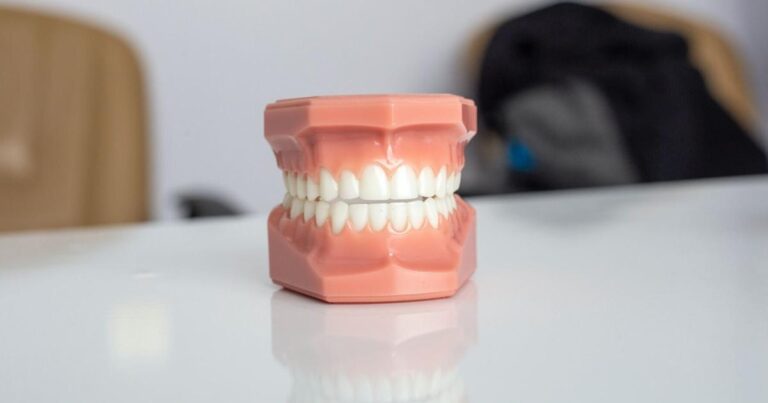Ennis Yavuz
By Stephen Beech via SWNS
Poor oral hygiene worsens a potentially fatal lung condition, new research reveals.
Gingivitis – also known as periodontitis – worsens chronic obstructive pulmonary disease (COPD), scientists say.
The new study shows how periodontitis activates immune cells associated with worsening COPD progression.
The findings, published in mSystems Journalsuggest that periodontitis and COPD together exacerbate COPD and point to gum disease management as a possible treatment for COPD.
Chinese researchers have shown that bacteria associated with gum disease promote COPD by activating two types of cells—γ-delta T cells and M2 macrophages—that are important for the immune system.
Focusing on the mechanism may provide new, practical ways to prevent or control COPD, according to the research team from West China Hospital of Dentistry at Sichuan University.
The microbiologist Dr. Boyu Tang, who led the study with microbiologist Dr. Yan Li, said: “By enhancing periodontal therapy and targeting the inhibition of γ-delta T cells and M2 macrophages we may be able to help control the progression of COPD.”
COPD is the sixth leading cause of death worldwide, according to the World Health Organization (WHO).
It is incurable and, in higher income countries including the UK and US, smoking is the main cause.
Periodontitis results from the build-up of untreated plaque, a sticky film made up mostly of bacteria.

Robina Weermeijer
Over time, plaque can harden into tartar and cause irritation and inflammation of the gum tissue, then create deep gaps between the teeth and gums where bacteria thrive and can lead to bone loss.
Previous studies have shown that periodontitis is a risk factor for many diseases, including diabetes, high blood pressure and certain cancers.
Previous studies, including some led by Dr. Li and Dr. Tang, have demonstrated that an oral bacterium called Porphyromonas gingivalis plays an important role in gum disease.
For the new work, the Chinese research team used mice to show how these bacteria could worsen the progression of COPD.
In one experiment, they showed that mice infected with both periodontitis and COPD had worse progression of COPD than mice infected only with COPD.
And in experiments using mouse lung tissue, the team showed that P. gingivalis could activate immune system cells, promoting their ability to produce cytokines associated with worsening COPD.
The researchers noticed that the decline in lung function and the increase in immune cells was more modest than they had predicted.
They created animal models of COPD using cigarette smoke exposure.
Dr Lee said: ‘If exposure to secondhand smoke could be extended over a longer period of time, these changes may be more pronounced.
“We will further conduct additional studies in human subjects to confirm the mechanism.”
The team plans to recruit patients with both conditions and offer periodontitis treatment, then compare lung function and immune cell counts before and after.
Dr Li added: “Our finding could lead to a potential new strategy for the treatment of COPD.”




